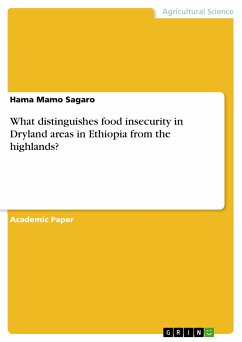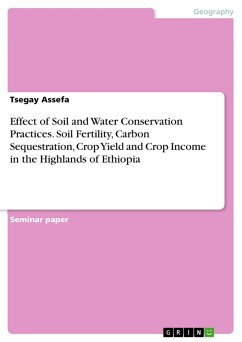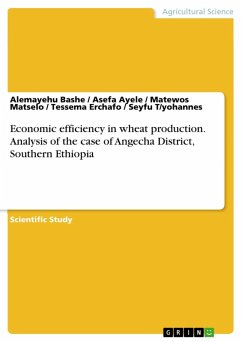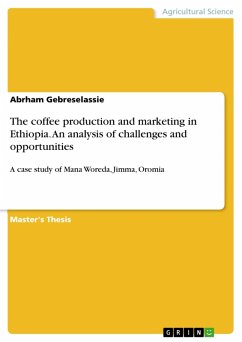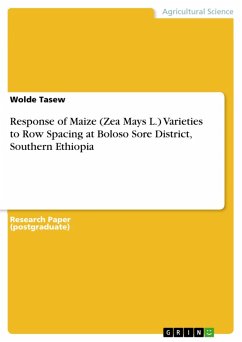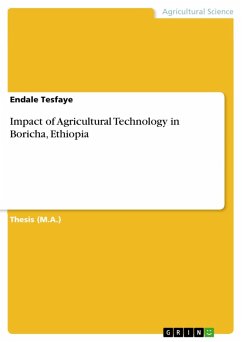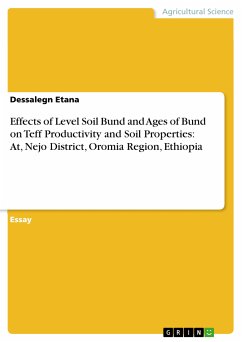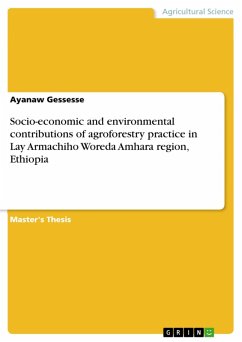Academic Paper from the year 2022 in the subject Agrarian Studies, grade: 3.97, , course: Graduate seminar, language: English, abstract: Food security and insecurity are terms used to describe whether or not households have access to sufficient quality and quantity of food. Food insecurity is a condition in which people lack the basic food intake necessary to provide them with the energy and nutrients required for fully productive lives. It can either be temporary (transitory food insecurity) or continuous (chronic food insecurity). Like many developing countries, Ethiopian farmers in the highlands predominantly practice subsistence farming and are often subject to food insecurity. The main objective of the seminar is to review the status of household food insecurity in Ethiopia with a special focus on dryland areas. A review of the status of household food insecurity is vital because it provides information that will enable effective measures to be undertaken to prove food security status and bring the success of food security development programs. The result of the empirical review indicated, especially in dryland areas of Ethiopia, the majority of households were food insecure. Drought risks, desert locus, the spread of corona varies, protracted impacts of past poor seasons, conflict, poor household income, cost of nutritious food, and knowledge of nutritious food factors are the major drivers of food insecurity. International non-governmental organizations, local organizations, the private sector, and the government should continue to work together to adopt drought-risk-friendly modern technologies and design new production-oriented and commercialization policies to improve food security. The data for this review was used from secondary data sources by conducting an intensive reading of published and unpublished journals, articles, and books. Also, this paper is going to review the Causes, indicators, coping mechanisms, and Policy options to minimize household food insecurity in dryland areas of Ethiopia.
Dieser Download kann aus rechtlichen Gründen nur mit Rechnungsadresse in A, B, BG, CY, CZ, D, DK, EW, E, FIN, F, GR, HR, H, IRL, I, LT, L, LR, M, NL, PL, P, R, S, SLO, SK ausgeliefert werden.

